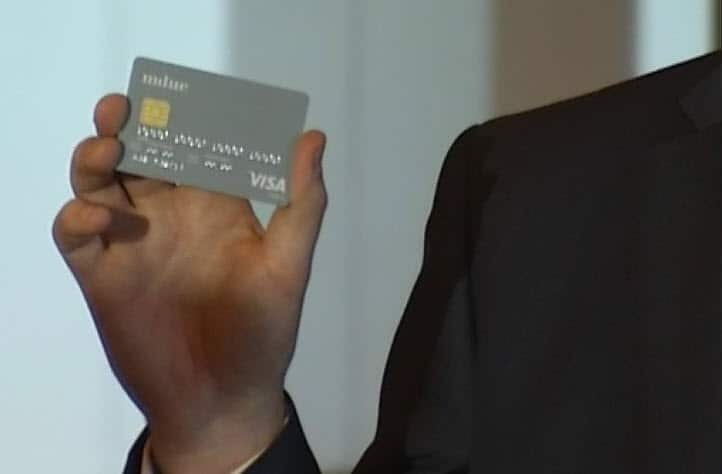A controversial restricted welfare card that cannot be used on gambling or to buy alcohol is working to curb hospital admissions in two trial towns, according to Human Services Minister Alan Tudge.
The cashless welfare card has now been used for around six months in the East Kimberley, Western Australia, and the South Australian town of Ceduna, as part of a one-year trial.
“It's not perfect,” the minister said, speaking with SBS News after a meeting with Indigenous leaders in Canberra on Wednesday.
“There are still issues we're trying to address along the way, but we're not going to let perfect be the enemy of good.”
Mr Tudge’s office released statistics on the trial on Wednesday, claiming referrals to the local sobering-up unit in the East Kimberley town of Kununurra were down 41 per cent by August, compared with a monthly average between January and June last year.
In Ceduna, the minister’s office said emergency hospital admissions were down 20 per cent since the trial began.
Both trial towns have high Indigenous populations. Locals are divided over the issue, with some supporting the so-called ‘white card’ and others saying it takes away the rights of welfare recipients.

Kununurra-based Indigenous leader Ian Trust is supportive of the card and has been involved with the roll-out in the East Kimberley.
“You can go to the park now and the people are all sober," he told SBS News.
"I think there's less gambling going on."
Mr Trust said there were many in his community opposed to the program, but said the card struck the right balance between protection and individual liberty.
“There's two competing rights here,” he said. “There's someone's citizenship rights, to being able to get welfare and spend it how you like, but there's also the rights of children wanting to grow up in a safe, secure home.”
But support for the card is far from universal.
Speaking to SBS News on the phone from a remote property just outside Ceduna in South Australia, Sue Haseldine said the community had only been superficially consulted.
“It's really bad," she said.
"They're just choosing the ones they want to listen to - the 'yes, yes' people - and then they're totally ignoring other people.”
She described seeing a “proud, Aboriginal woman” trying to buy groceries on her card at a supermarket in town. The card malfunctioned at the machine, she said, and the woman had to leave the store with her head bowed.
Mr Tudge said there were “niggling issues” with the operation of the card and the availability of Eftpos in the two trial areas, but said the impact of the card was minimal for most users.
“If you’re a responsible individual – you're not a big drinker, a gambler or a drug-taker – then really, the only impact on you is that instead of reaching into your pocket and grabbing cash, you reach into your pocket, you grab the card, you swipe, and off you go,” the minister said.
But the card has opponents in parliament too.
Mr Tudge’s office would not release the full report from which the statistics were drawn. For WA Greens senator Rachel Siewert, that lack of transparency makes the statistical success stories difficult to trust.
“We can’t interrogate that data," she said.
"We have to take the government on faith. Now I'm sorry, but I don't.”
Ms Siewert was in parliament during the Northern Territory National Emergency Response, commonly known as the NT Intervention, which commenced under the Howard government in 2007.
She said there were early signs of improvement in government-released data then, too, which she said ended up being misleading.
“It takes decision-making away from people over one of the most important things that somebody can, in their life, have control over – and that's their income,” she said.
The card quarantines 80 per cent of welfare recipients’ money, with the remainder paid into their regular bank accounts as usual.
Mining magnate Andrew ‘Twiggy’ Forrest led a review into Indigenous jobs and training two years ago. Speaking at the National Press Club in Canberra on Wednesday, the miner and philanthropist voiced his support for the card.
“It's just a little card and it's doing the work of thousands and thousands of bureaucrats and the work which we cannot do,” he said.
“When we're seeing significant decreases in public drunkenness, and sales of alcohol dropping, and uniforms rising, and toys and school books rising dramatically, we know it's working. We know this dear little card is working.”
The trial will run for another six months before the government decides whether to roll the card out in other communities around the country.

